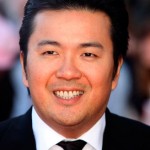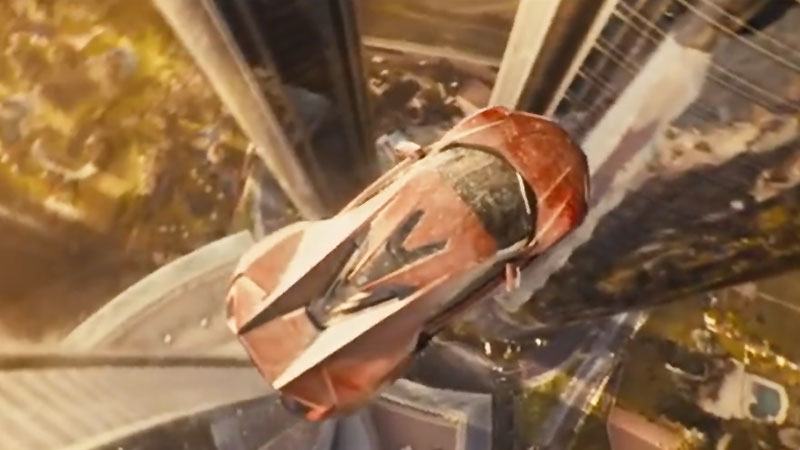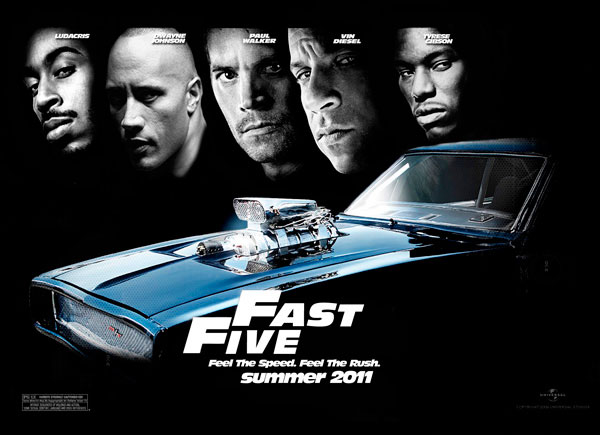Justin Lin is a name that resounds with innovation and transformation in the film industry, particularly within the action and fast-paced narrative genres. Born on October 11, 1971, in Taipei, Taiwan, Lin moved to the United States at a young age, growing up in a working-class family in Buena Park, California. His journey from an aspiring filmmaker to one of Hollywood’s most influential directors is a testament to his relentless work ethic, creative vision, and dedication to storytelling.
Lin’s foray into filmmaking began at the University of California, San Diego, followed by further honing his skills at the UCLA Film School. His early work, particularly the critically acclaimed “Better Luck Tomorrow” (2002), showcased his ability to craft nuanced stories that delve deep into the Asian American experience, challenging stereotypes and offering a fresh perspective on identity and cultural dynamics. This film, made on a shoestring budget, caught the attention of audiences and critics alike, setting the stage for Lin’s future in Hollywood.

Lin is among the actors, producers and directors interviewed in the documentary The Slanted Screen (2006), directed by Jeff Adachi, about the representation of Asian and Asian American men in Hollywood.
However, it was Lin’s direction of “The Fast and the Furious” franchise that catapulted him into international stardom. Starting with “The Fast and the Furious: Tokyo Drift” (2006), Lin directed several sequels, each more successful than the last. Under his vision, the franchise grew into a billion-dollar global phenomenon, known for its high-octane action, complex character relationships, and breathtaking visual effects. Lin’s innovative approach to action sequences and his ability to weave together compelling narratives with diverse, multi-dimensional characters have redefined what audiences expect from blockbuster films.
Beyond the “Fast and Furious” series, Lin has also made significant contributions to television and other film projects, demonstrating a versatile talent that transcends genres. His work on “Community” and “Star Trek Beyond” (2016) further showcases his skill in balancing humor, drama, and action, making him one of the most dynamic directors of his generation.
Lin’s influence extends beyond the screen. He is a vocal advocate for diversity in Hollywood, using his platform to support underrepresented voices and stories. His production company, Perfect Storm Entertainment, is committed to developing projects that reflect Lin’s passion for storytelling that bridges cultures and communities.
Justin Lin‘s career is a remarkable narrative of breaking barriers and reimagining cinematic experiences. His contributions to film and television have not only entertained millions around the world but also inspired a new generation of filmmakers to dream big and push the boundaries of creativity.
Justin lin Filmography as a Director
- Shopping for Fangs (1997) – Co-directed with Quentin Lee, this film is one of Lin’s early works, exploring themes of identity and transformation within the Asian American community.
- Better Luck Tomorrow (2002) – A groundbreaking film that delves into the lives of a group of Asian American high school students who gradually descend into a world of crime. This film brought Lin significant attention and acclaim for its bold narrative and direction.
- Annapolis (2006) – A drama centered around the U.S. Naval Academy, focusing on a young man (played by James Franco) striving to prove himself in a challenging environment.
- The Fast and the Furious: Tokyo Drift (2006) – Lin’s first entry into the Fast & Furious franchise, introducing audiences to a new setting and characters, with an emphasis on drift racing culture.
- Fast & Furious (2009) – The fourth installment in the franchise, which brought back original cast members and reinvigorated the series, setting a new direction for future films.
- Fast Five (2011) – Often credited with transforming the franchise into a global phenomenon, this film mixed heist elements with high-octane action, solidifying the series’ popularity.
- Fast & Furious 6 (2013) – Continuing the success of its predecessors, this installment further expanded the saga, blending action-packed sequences with a complex narrative involving family and loyalty.
- Star Trek Beyond (2016) – Lin ventured into the sci-fi genre with this installment of the Star Trek franchise, praised for its visual effects, character development, and action sequences.
- F9: The Fast Saga (2021) – Returning to the Fast & Furious franchise, Lin directed the ninth installment, continuing the high-speed adventures and familial themes central to the series.




